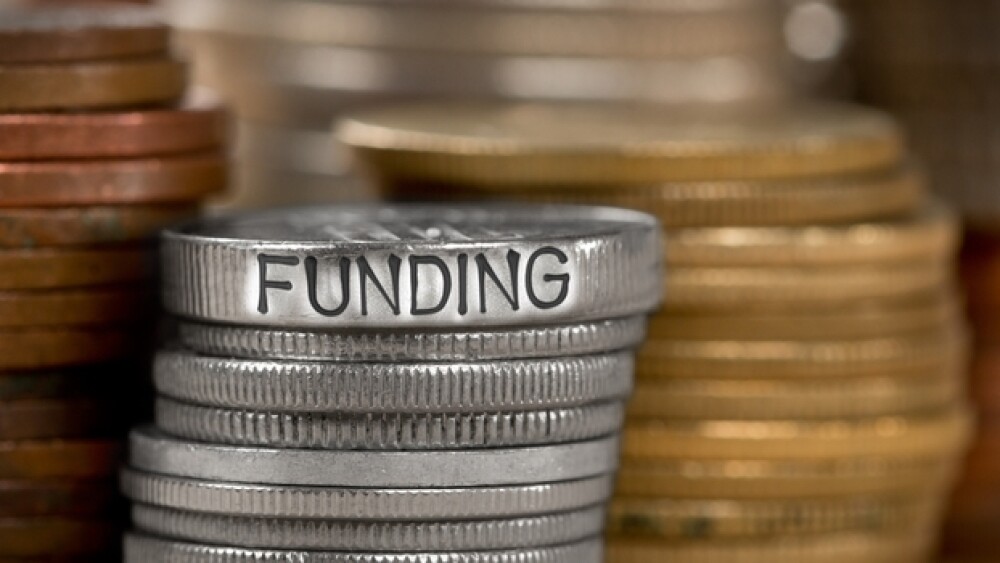“This transformative round will allow Karius to help more patients faster, fuel the next wave of clinical studies and accelerate technology innovation,” said Karius’ chief executive officer Mickey Kertesz.
Redwood City, California-based Karius closed on a $165 million Series B round. It was led by SoftBank Vision Fund 2 with participation from General Catalyst, HBM Healthcare Investments and existing investors Khosla Ventures and LightSpeed Venture Partners.
Karius focuses on developing so-called liquid biopsy tests for infectious diseases. The Karius Test utilizes novel genomics and artificial intelligence to identify and quantitate the microbial cell-free DNA (mcfDNA) of more than 1,400 clinically relevant pathogens, including bacteria, fungi, DNA viruses and parasites. It does so on a single blood sample. It does not yet have the capability to identify RNA viruses, such as those coronaviruses causing COVID-19 and SARS.
“This transformative round will allow Karius to help more patients faster, fuel the next wave of clinical studies and accelerate technology innovation,” said Karius’ chief executive officer Mickey Kertesz. “We are humbled to be part of the team that delivered the first clinical applications of microbial cell-free DNA and are excited about what’s ahead for Karius.”
In December, the company published clinical data in JAMA Oncology showing that the Karius Test detected infections in the blood before the onset of clinical symptoms in high-risk pediatric patients with relapsed or refractory leukemia. It was conducted by investigators at St. Jude Children’s Research Hospital.
Of the 47 pediatric patients in the study, 12 developed a total of 19 bloodstream infections. Samples for evaluation of predictive diagnoses were available for 16 episodes, and the Karius Test detected a bloodstream infection in 75% of cases as early as three days before symptoms appears.
“There is an important signal here suggesting an ability to predict infections in this vulnerable population even before the development of clinical symptoms,” said Senior Medical Director of Karius, Asim Ahmed, who co-authored the study. “The Karius Test is not currently a screening test; additional studies are needed to guide how this test can be used in the clinical work-flow to help predict and prevent infections in patients with immunocompromising conditions.”
The Karius Test is used in more than 100 hospitals and health systems nationwide.
“Next-generation sequencing (NGS) has already transformed diagnostics through non-invasive prenatal testing and liquid biopsies for oncology,” said Chandra P. Leo, Investment Advisor at HBM Partners. “Karius is now applying the power of NGS of microbial cell-free DNA to the field of infectious disease diagnostics, helping physicians to non-invasively identify a broad range of pathogens in severely ill patients.”
Early successes by Karius caught the attention of SoftBank, even though the investment firm has been criticized before for investing too much too early or too late, with particular fingerpointing at Brandless, Zume and WeWork. But its life sciences investment group has a more impressive track record, which has invested in Guardant Health and 10X Genomics.
Kertesz told TechCrunch, “As humanity we haven’t figured out infectious diseases yet. Specifically, at the stage where the pathogen is identified.”
Karius has the technology to do that, although it isn’t yet able to screen for RNA viruses—such as the coronaviruses that cause COVID-19 and SARS. “It’s the only type of virus that the platform is unable to detect. . . [We’re] adding that detection capability,” Kertesz said.





